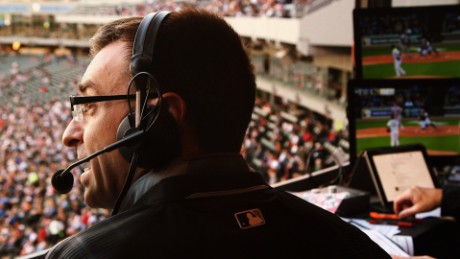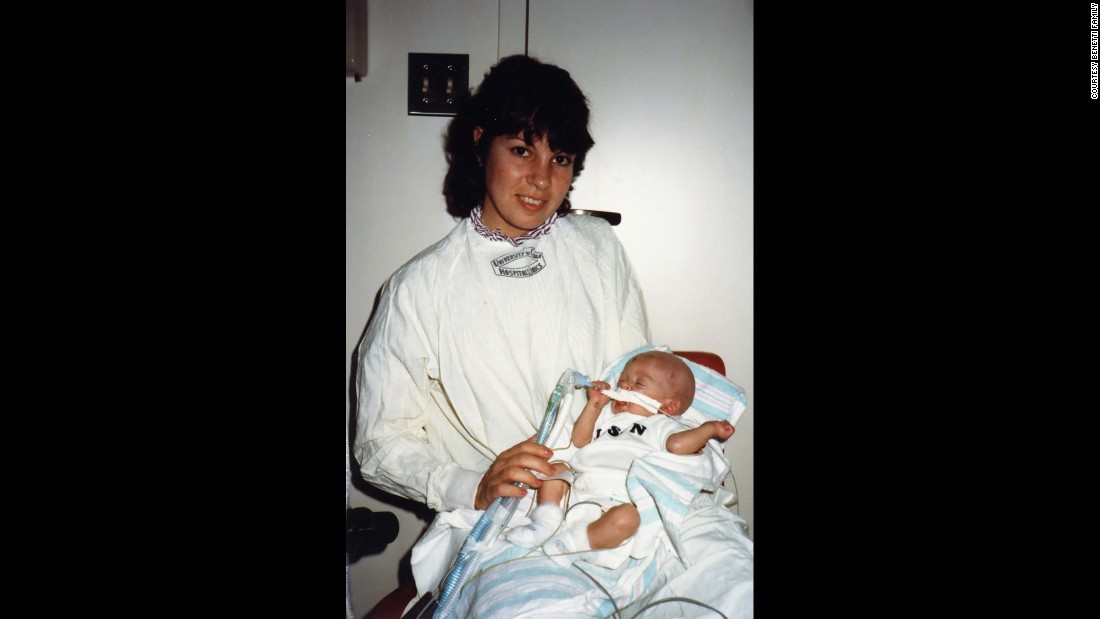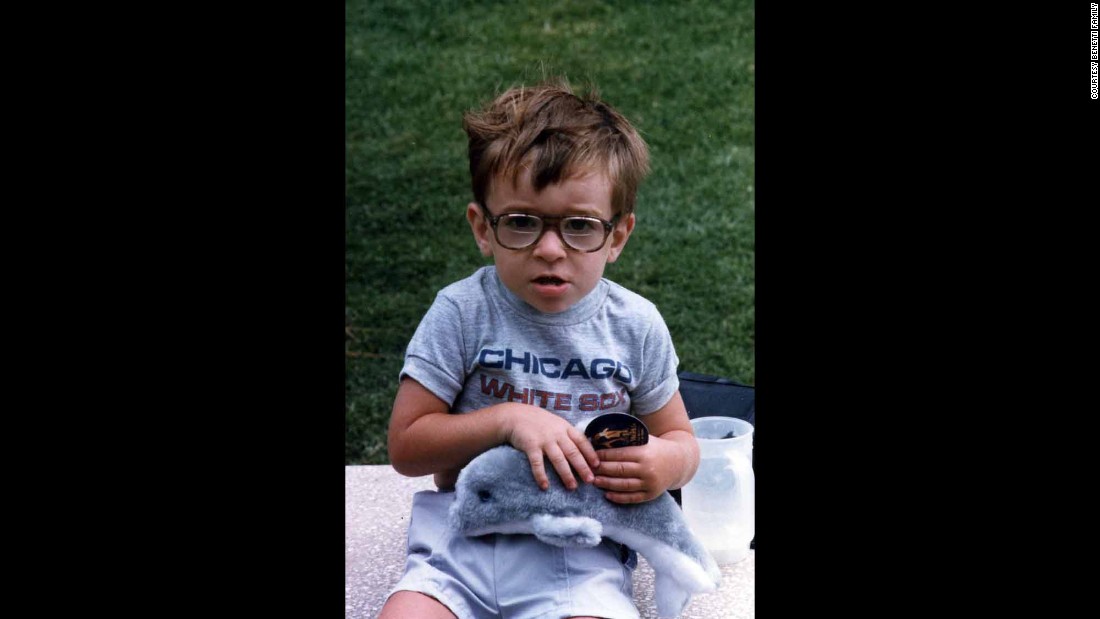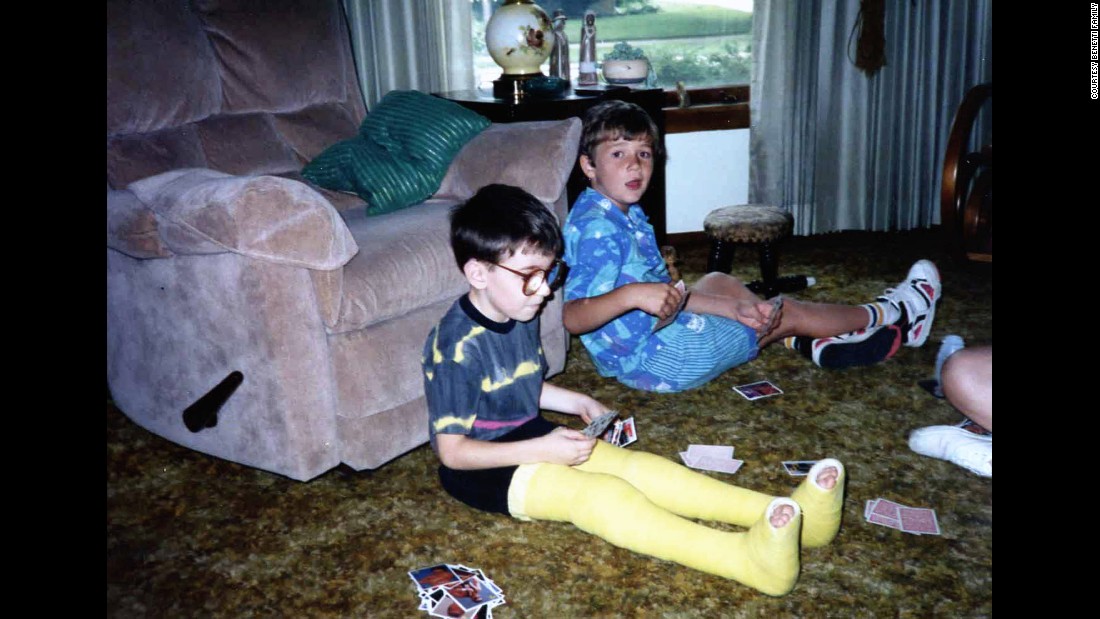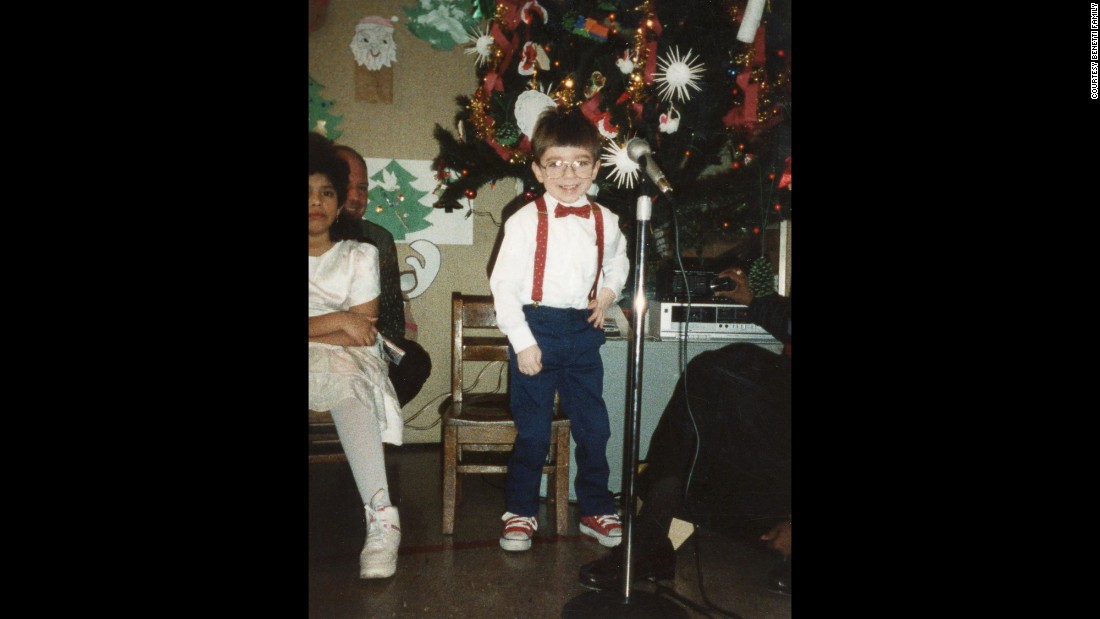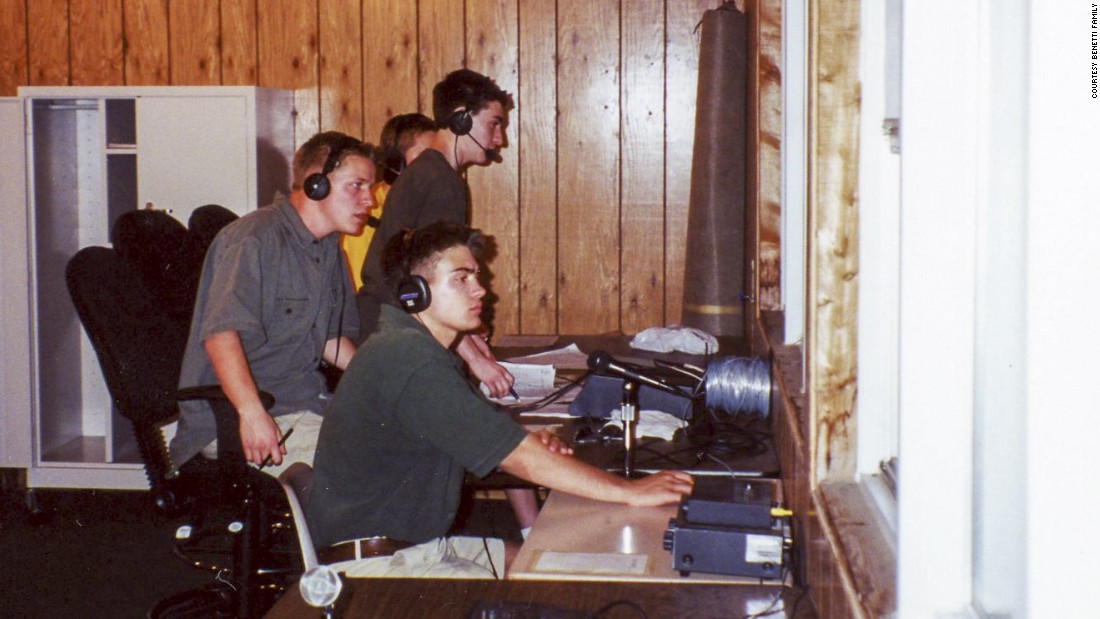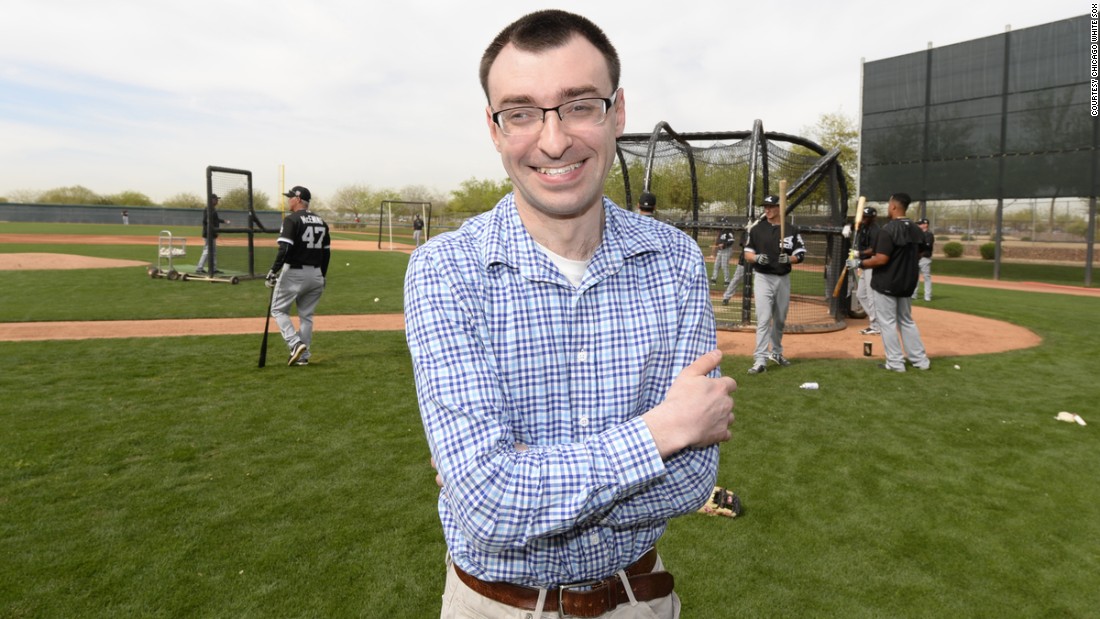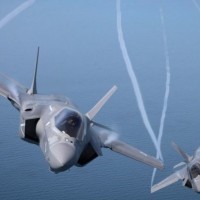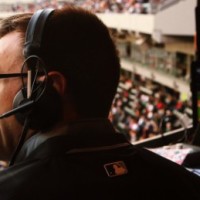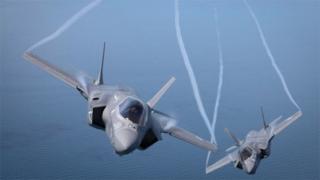 Image copyright Getty Images
Image copyright Getty Images The world’s aerospace and defence industry descends on a small town about 30 miles west of London this week for what is the biggest event in the industry’s calendar.
But the biennial Farnborough Airshow – it alternates with the Paris Airshow – may not be the blockbuster festival of orders of previous years.
With about 1,500 exhibitors and some 100,000 trade visitors, Farnborough’s pulling power remains huge.
However, the event is very unlikely to see a repeat of the record $204bn (157bn) haul of aircraft and engine orders announced at the 2014 show.
Boeing and Airbus will as usual compete for headlines, so it’s a fair bet that both planemakers will have stored up deals to unveil at the show.
- Check out all our coverage of Farnborough 2016
- Farnborough Airshow: 70 years showcasing key aircraft
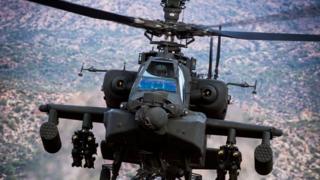 Image copyright Boeing
Image copyright Boeing Nevertheless, Phil Seymour, president of the consultancy International Bureau of Aviation, predicts a “quiet Farnborough” for contracts.
“A slowdown in orders is likely with operators moderating growth, delaying or cancelling orders and manufacturers facing production challenges,” he says. “There is concern amongst investors that some airlines have been expanding their fleets too fast.”
Airlines in Asia and the Middle East, especially Emirates Airline, Qatar Airways and emerging budget carriers, have fuelled much of the order growth over the past decade. But many airlines are pausing for breath while they absorb existing contracts.
Also, the production lines of Airbus and Boeing are booked for years ahead. A report published last week by Alix Partners, a global advisory firm, estimates that these two manufacturers have a 13,400 order backlog.
 Image copyright PA
Image copyright PA Eric Bernardini, head of the aerospace and defence (A&D) division at Alix, says the oil price collapse and strengthening dollar – the industry trades in dollars – has “provided tailwinds for the global A&D sector”.
“However, strong airlines demand, especially for narrow-body aircraft, is putting historical pressure on the commercial aircraft manufacturers who are now trying to work through record backlogs.”
Post-referendum politics may not help, either. It was thought that the UK government might use Farnborough to put the finishing touches to some big defence contracts, including possible deals to buy maritime patrol jets and attack helicopters.
But sterling’s plunge against the dollar, compounded by the current political uncertainty, may mean that bean counters at the Ministry of Defence re-run their slide rules over these contracts.
Economic value
UK aerospace:
- 128,300 jobs and 4,100 apprentices
- 31.1bn turnover
- 27bn annual exports
UK defence:
- 142,000 jobs
- 24bn turnover
- 8.5bn exports
Source: ADS Group, the industry trade body
On the defence side, the big noise – literally and symbolically – at Farnborough will be displays by the F-35B Lightning II jet, which will be the mainstay of America’s combat fleet and is being bought by the UK for use with the RAF and on the Royal Navy’s two new aircraft carriers.
One of the world’s most expensive warplanes, it’s also known as the Joint Strike Fighter, the F-35 has been plagued by technical problems and cost over-runs; the estimated final budget of the project is now reportedly between $400-540bn.
The Lockheed Martin-built F-35 was due to fly at Farnborough two years ago, but that appearance was cancelled after the entire fleet was grounded when an engine caught fire during a training exercise in the US.
Lockheed and the US government are desperate to convince the world that the F-35 is back on track, and Farnborough will see a bigger presence than usual from Pentagon top brass and US officials to bolster support for the programme.
It will also be a big show for Boeing. The US giant celebrates its 100th anniversary on 15 July and is planning to showcase its past, present and future.
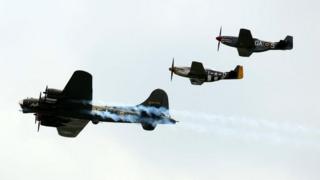 Image copyright PA
Image copyright PA For those who love nostalgia, a B-17 Flying Fortress, B-25 Mitchell, DC3 Dakota and a P-51 Mustang will be flying as part of a huge Boeing heritage festival.
And for a glimpse of the future, Boeing’s new 373 Max, a revamped version of its best-selling aircraft and due to be delivered to the first customer next year, will make its air show debut.
Not to be outdone, Airbus will pitch to the same sector with its A320neo as the European planemaker battles with its rival for dominance in the market for the next generation of narrow-body aircraft.
Airbus’s big beast, the A380 super-jumbo, will also be flying, with the company trying to convince potential buyers that a viable market still remains for such a huge aircraft.
The A380 is in a sales slump, and Airbus is weighing up interest from airlines for a revamped version.
Outside the Boeing-Airbus duopoly, there will be plenty of products on sale from the next tier of planemakers. Brazil’s Embraer continues to make in-roads into new markets and will have aircraft from across it three business units on show.
And Canada’s Bombardier will show its C-Series aircraft, a programme whose ballooning costs and technical problems took the company to the edge of disaster.
Yet, after years of scepticism about the C-Series’ viability – in a few days the aircraft makes its regular commercial debut with airline Swiss and later this year with Air Baltic.
Bombardier and Embraer and others are trying to chip away at the Boeing-Airbus duopoly. Despite a slowdown in orders from some traditional big buyers of aircraft, the market generally remains strong.
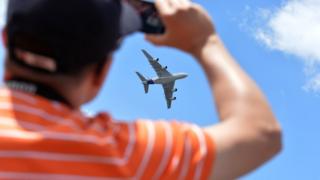 Image copyright Airbus
Image copyright Airbus Mr Seymour, of the International Bureau of Aviation, says India is growing fast. Iran, whose airlines and airport infrastructure, need upgrading after years of sanctions, is also potentially a strong market. And, he says: “China’s aviation market is still looking bright.”
Indeed, China has its biggest ever presence at Farnborough, underlining the country’s aerospace ambitious growth strategy and ambitions to challenge Boeing and Airbus.
Chinese firms have doubled the amount of space taken on 2014, according to the Farnborough show’s organisers.
Chinese firms exhibiting include state-owned aircraft manufacturer Comac, which last year unveiled its C919 passenger jet, marking a major step into the market for large airliners since a failed attempt in the 1980s.
In addition to building its own aerospace manufacturing industry, China has expansion plans that include building another 300 airports by 2020, more than doubling the current number in the country. This investment is to satisfy the huge growth of Chinese airlines over the next couple of decades.
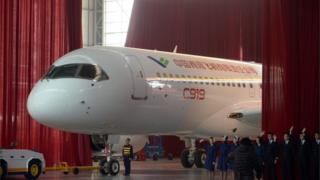 Image copyright EPA
Image copyright EPA However, one country that won’t be at Farnborough in any official capacity is Russia, after years of deteriorating relations and visa embargoes.
Although individual Russian companies plan new product launches. Sukhoi, for example, is displaying an intriguing new luxury jet aimed a sports teams. The plane is kitted out with diagnostic seats and all sorts tech to assess players and athletes in the air.
But, according to the Tass news agency last month, Russia’s industry and trade minister, Denis Manturov, Farnborough is not what it used to be.
“As for Farnborough our participation will be rather formal. I should say in recent years our manufacturers have lost great interest in that event. But to some extent Russian companies will take part in the show to remind them that we exist,” the minister told Tass.
It’s a reminder that although the Farnborough Airshow is a mammoth marketing event, the aerospace and defence industry will always be bound up with geo-politics.
Read more: http://www.bbc.co.uk/news/business-36727249


